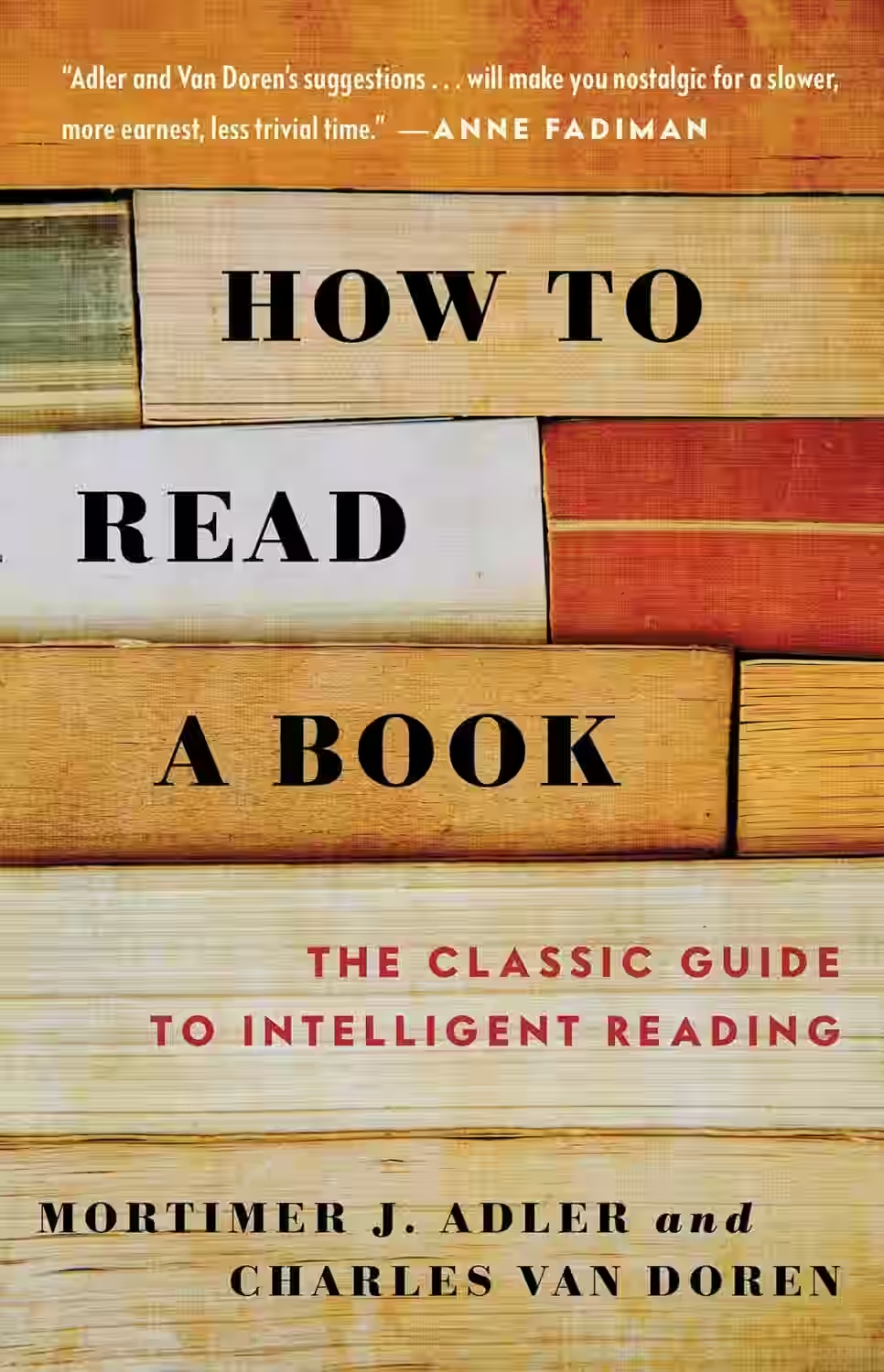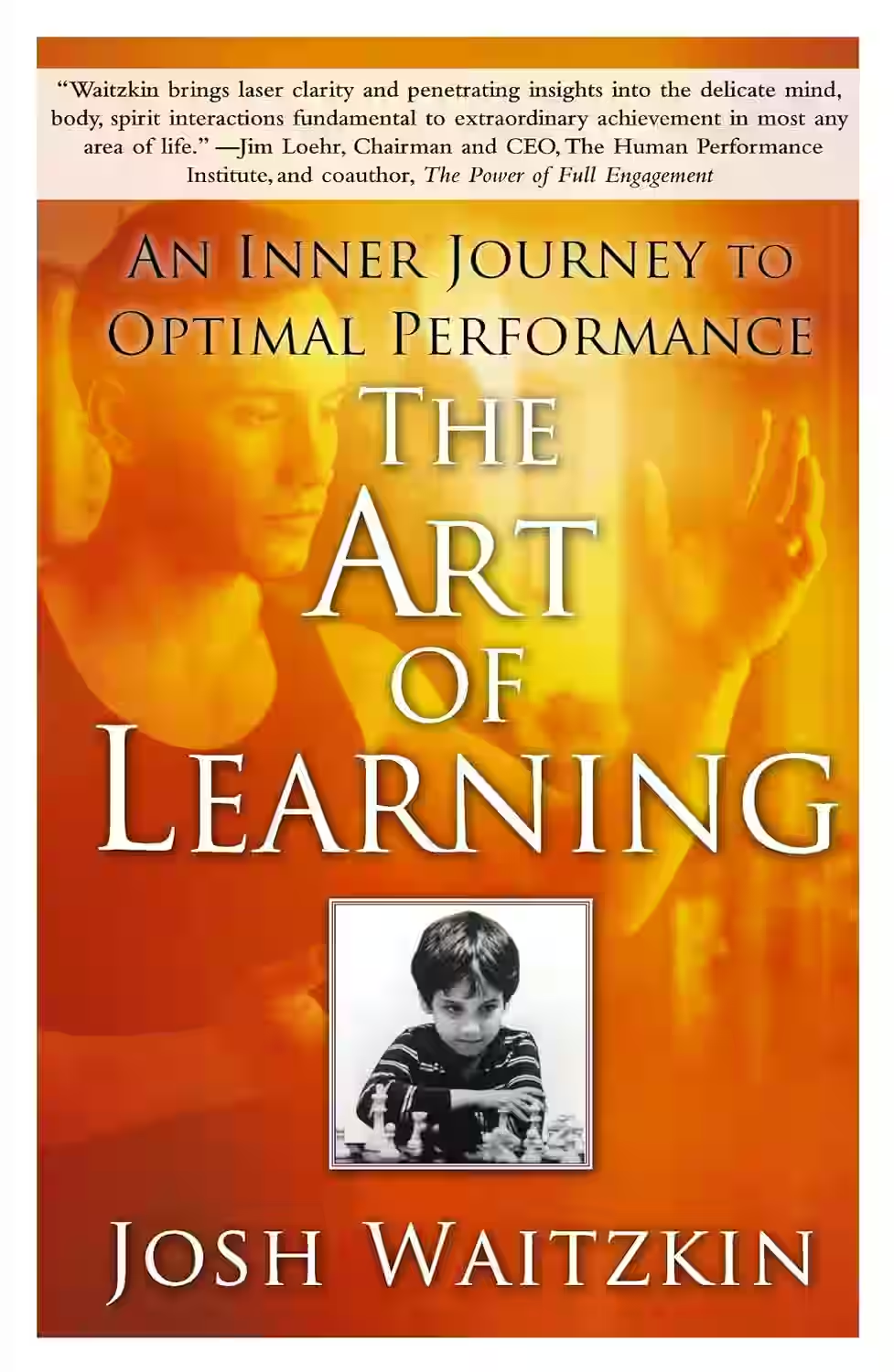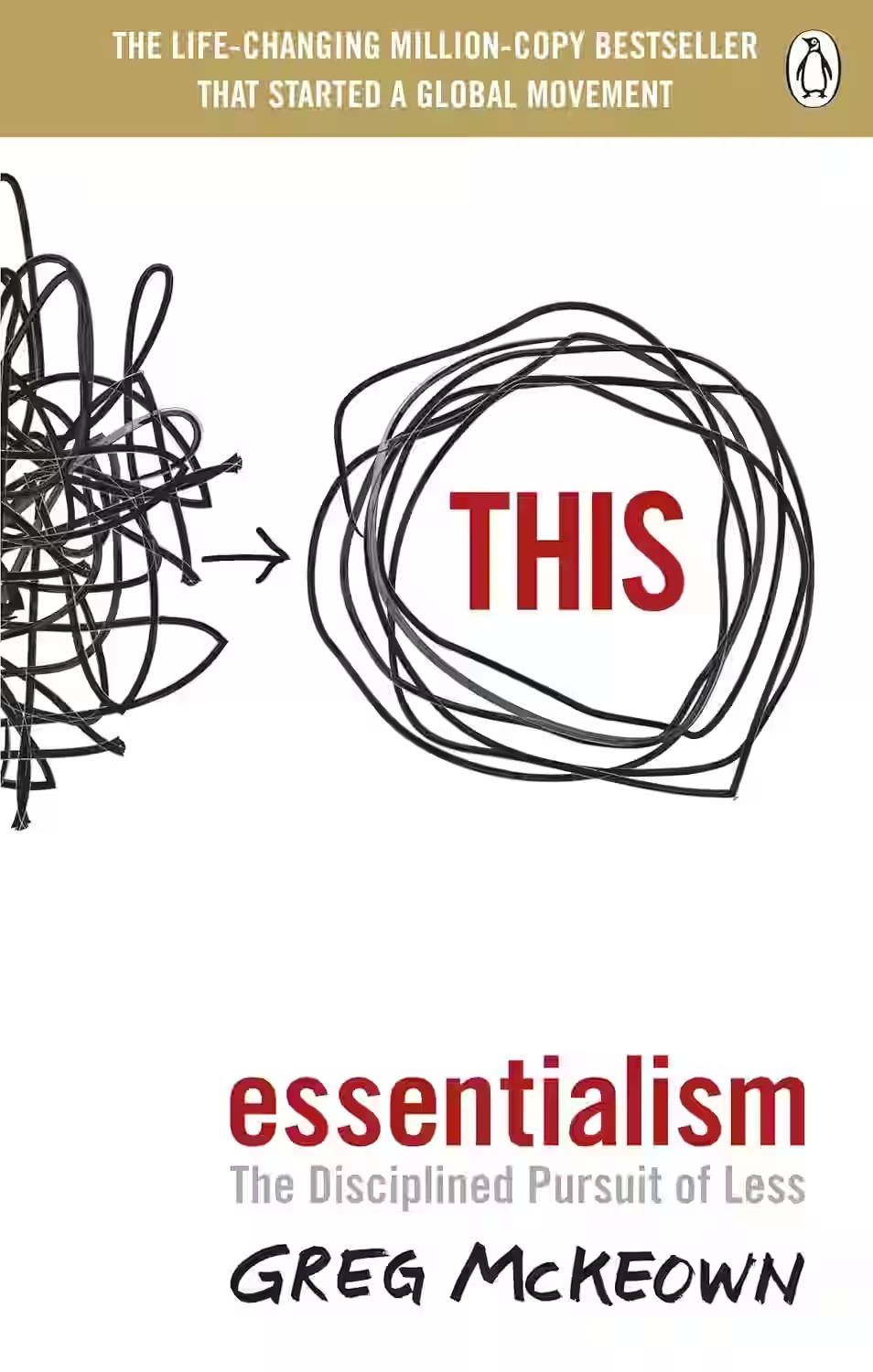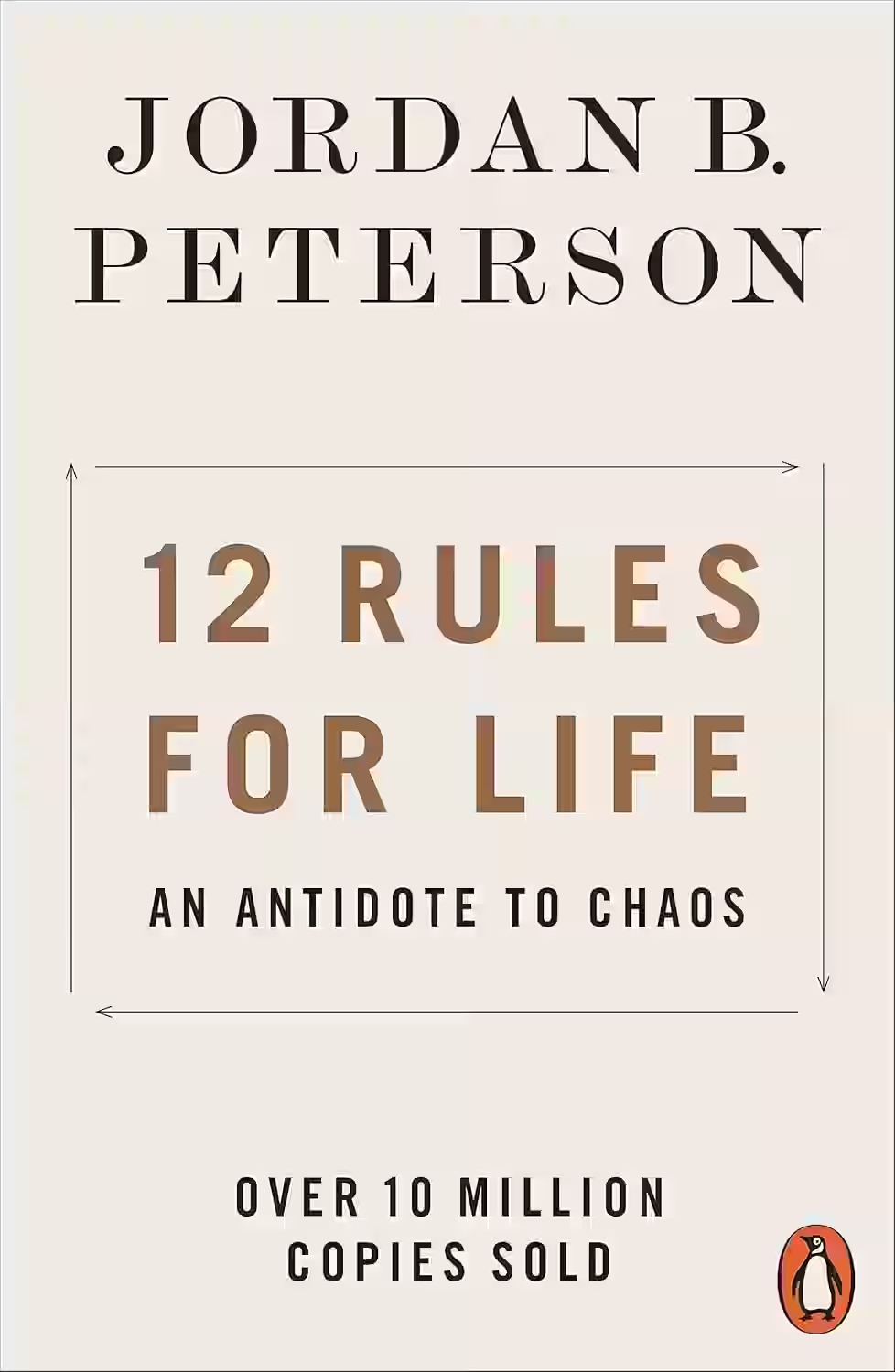
In 'How to Read a Book', Mortimer J. Adler presents a comprehensive guide on the art of reading carefully and effectively. He delves into the different levels of reading - from elementary reading to the analytical and syntopical levels - providing practical strategies to enhance comprehension and critical thinking. Adler emphasizes the importance of actively engaging with texts, questioning assumptions, and grasping the underlying messages. This book serves as a valuable tool for readers looking to deepen their understanding and extract maximum value from the written word. With its timeless advice and insightful teachings, 'How to Read a Book' is a must-read for anyone seeking to become a more discerning and thoughtful reader.
About Mortimer J. Adler
Mortimer Jerome Adler (1902-2001) was an American philosopher, educator, and author known for his profound influence on modern intellectual thought. He was the co-founder of the Great Books Foundation and the editor of the 'Great Books of the Western World' series, a monumental collection of essential works in philosophy, literature, and science. Adler's emphasis on the importance of a classical education and his advocacy for a return to in-depth, critical reading made him a prominent figure in the development of liberal arts education. His works, including 'How to Read a Book' and 'Ten Philosophical Mistakes,' continue to inspire readers to engage with complex ideas and timeless wisdom.
Similar Books

The Four Agreements
In The Four Agreements, Don Miguel Ruiz presents a code of conduct based on ancient Toltec wisdom, aiming to help individuals achieve personal freedom and happiness. The four agreements are: be impeccable with your word, don't take anything personally, don't make assumptions, and always do your best. Ruiz explains how these principles can transform one's life by breaking self-limiting beliefs and fostering a sense of peace and purpose. The book offers a practical guide to personal growth and spiritual enlightenment.

The Art of Learning
In The Art of Learning, chess prodigy and martial arts champion Josh Waitzkin shares his journey of mastering two disciplines to reveal universal principles of performance and personal growth. Blending autobiography with actionable insights, he discusses focus, resilience, and the psychology of peak performance. Waitzkin emphasizes the importance of incremental progress, embracing adversity, and turning setbacks into growth. His philosophy integrates Eastern and Western approaches to learning and competition. Whether applied to sports, business, or creative pursuits, The Art of Learning is a compelling guide to developing mastery through mindfulness, self-awareness, and continuous refinement of one’s process.

Essentialism: The Disciplined Pursuit of Less
by Greg McKeown
Essentialism is a manifesto for simplicity in an increasingly busy world. Greg McKeown advocates for doing less, but better—focusing only on what is truly important. He challenges the idea that we must do everything and instead teaches readers how to identify their highest priorities, eliminate non-essential tasks, and reclaim control of their time and energy. With practical tips and clear frameworks, the book empowers readers to make deliberate choices, say no more often, and live with intention. Essentialism is about creating space for what really matters—professionally and personally—by embracing the power of focus and clarity.

12 Rules for Life
In 12 Rules for Life, clinical psychologist Jordan B. Peterson presents life principles aimed at navigating chaos with order and purpose. Drawing from psychology, mythology, religion, and personal anecdotes, he discusses topics like personal responsibility, discipline, truth-telling, and meaning. Each chapter focuses on a distinct rule—such as “Stand up straight with your shoulders back” or “Pet a cat when you encounter one on the street.” Provocative and deeply philosophical, the book encourages readers to confront suffering and create order in their lives.